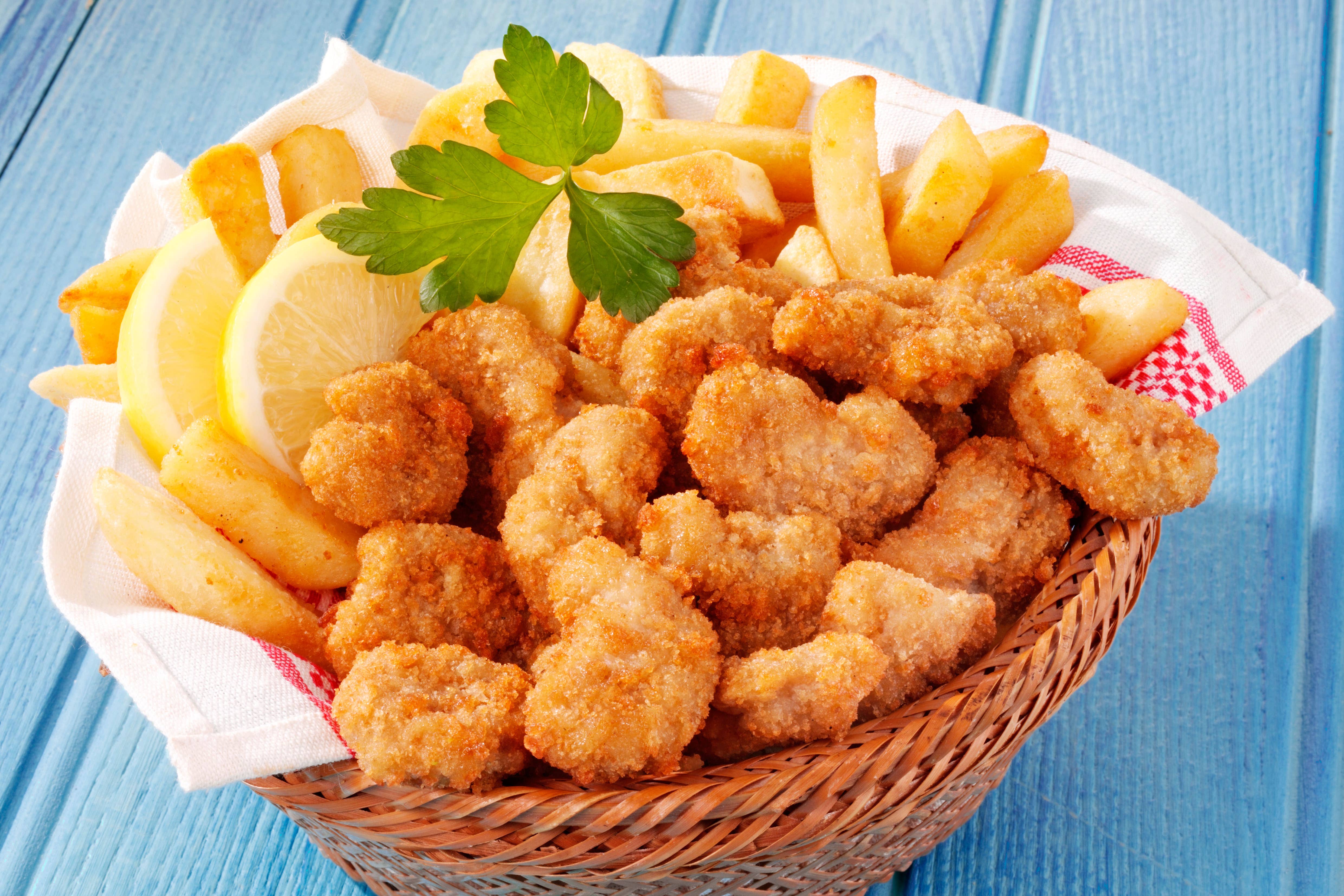Avoid scampi due to high environmental price tag, charity urges shoppers
The charity Open Seas has launched a new campaign.

Your support helps us to tell the story
From reproductive rights to climate change to Big Tech, The Independent is on the ground when the story is developing. Whether it's investigating the financials of Elon Musk's pro-Trump PAC or producing our latest documentary, 'The A Word', which shines a light on the American women fighting for reproductive rights, we know how important it is to parse out the facts from the messaging.
At such a critical moment in US history, we need reporters on the ground. Your donation allows us to keep sending journalists to speak to both sides of the story.
The Independent is trusted by Americans across the entire political spectrum. And unlike many other quality news outlets, we choose not to lock Americans out of our reporting and analysis with paywalls. We believe quality journalism should be available to everyone, paid for by those who can afford it.
Your support makes all the difference.Shoppers and supermarkets are being urged to avoid scampi due to its “big environmental price tag” until significant improvements have been made to the fishing process.
The campaign, spearheaded by Scottish charity Open Seas, aims to highlight the hidden environmental damage associated with scampi caught by bottom-trawling.
Scampi is the commercial name for deep-fried langoustine tails, supplied by boats dragging heavy fishing nets across the seabed, which the charity said causes serious harm to other marine life.
Open Seas said that for every kilo of scampi caught in bottom-trawls, at least another kilo of marine life is killed and discarded.
We think customers will want to know the hidden and unsustainable cost of scampi and take action
It is writing to supermarkets asking them to avoid stocking scampi until the fishery process is sustainably managed.
Nick Underdown, head of campaigns at Open Seas, said: “This bite-size food comes with a big environmental price tag for our seas.
“The mesh of the bottom-trawl nets used are particularly narrow, which means that large volumes of other sea life are caught, killed and wasted.
“We think customers will want to know the hidden and unsustainable cost of scampi and take action.”
The campaign asks supermarkets to avoid scampi, also known as Nephrops, until a number of criteria are met.
These are that bottom-trawl vessels must be limited in the areas they can fish to avoid valuable coastal fish nursery and spawning areas, and that all fishing boats are effectively monitored so by-catch can be recorded.
The charity also wants to see the destructive by-catch of fish and other sea life reduced to a practical minimum.
Scotland is a world leading producer of langoustine and scampi.
Latest Scottish Government figures show 18,000 tonnes of trawled Nephrops were landed last year, worth £67 million.
Open Seas said that because of the highly damaging nature of the fishing process, the seafood industry has put in place a Fishery Improvement Project which is meant to address these by-catch problems.
However it said that after nearly five years, there has been no effective change to the management of the fishery.
Mr Underdown urged supermarkets to “take genuine action for the environment”.
He said: “Business as usual is no longer an option and improved management of this damaging fishery would greatly assist much-needed recovery within our seas.”
It’s important to understand that the calls to action being made by Open Seas are already being addressed. Vessels are limited in terms of the areas they are allowed to fish, and secondary stocks are protected by the ‘maximum sustainable yield’ approach to fisheries management; in other words, only fish within quota to protect species for future generations
Donna Fordyce, chief executive of Seafood Scotland, said: “All Scottish vessels adhere to stringent legislation in terms of trawling and rightly so; the fisheries being described by Open Seas are not behaviours we recognise.”
Ms Fordyce said reducing bycatch was a “high priority” for the seafood industry and robust rules were in place governing commercial fishing.
She said the industry was “constantly evolving” the way they catch to employ new methods and technology and are currently trialling “further innovations” such as employing different nets.
“They follow these rules because it ensures the long-term sustainability of Scottish seafood for the next generation of fishers.”
Ms Fordyce said vessels fishing off of the east coast of Scotland were “deliberately” targeting multiple species within their quota and said blanket referring to non-langoustine species as “bycatch” was “misleading”.
She added: “It’s important to understand that the calls to action being made by Open Seas are already being addressed.
“Vessels are limited in terms of the areas they are allowed to fish, and secondary stocks are protected by the ‘maximum sustainable yield’ approach to fisheries management; in other words, only fish within quota to protect species for future generations.
“Vessels fishing for langoustines use highly selective nets, which include large escape panels in the roof.”
Ewan MacDonald-Russell, deputy head of the Scottish Retail Consortium, said: “UK retailers are dedicated to sourcing seafood products responsibly, with the UK having some of the greatest coverage of independent, sustainable, seafood certification in the world.
“Our members work closely with stakeholders and suppliers to regularly review fishing practices in supply chains to ensure they meet the highest standards.”